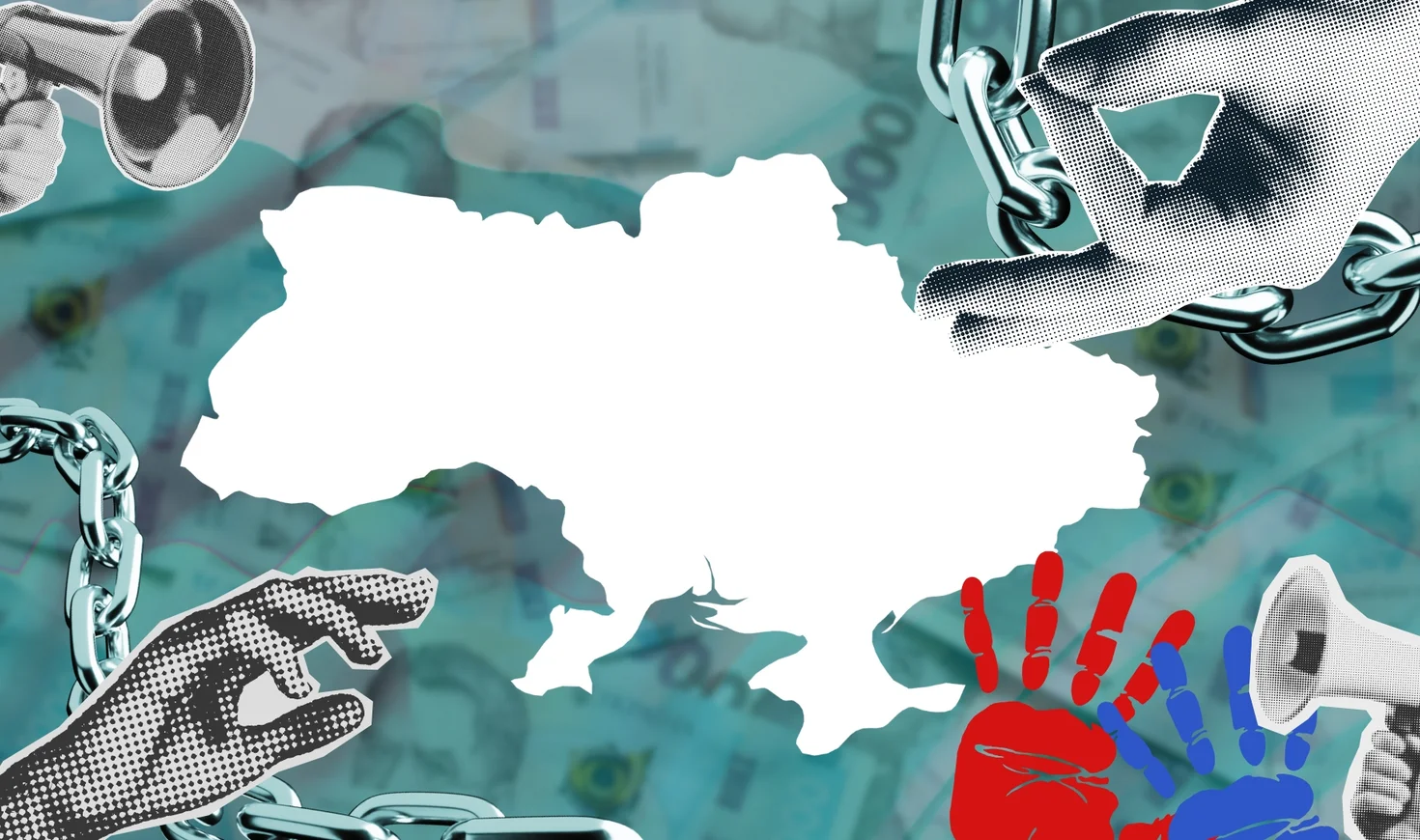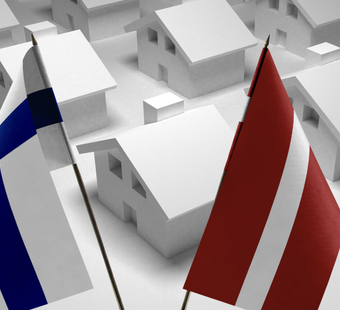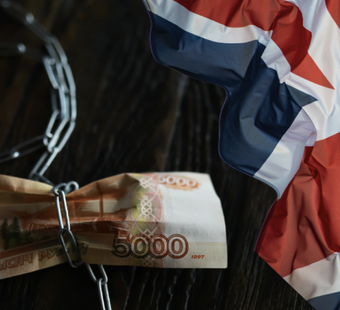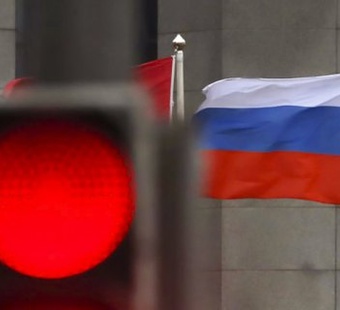Purging Russian influence from Ukraine’s economy

Project Description
Since Ukraine gained independence, the need to rebuild various spheres of public life from scratch has arisen. However, the long-standing Soviet Union with its ties has not disappeared. This is especially true in the economic sphere. The transition to new markets happened reluctantly and slowly. Ukraine neither had, nor frankly wanted, to build a clear strategy to distance itself from the influence of Russia, and as a result, sever the economic ties built over many years. This allowed Russian capital to exert significant influence on Ukraine's economy. At that time, it was not yet obvious, but this capital had a corrosive nature, meaning it eroded our economy, making it weak. Moreover, Russian money infiltrated strategic sectors of our state. For example, let’s take titanium. A raw material that has unique significance, particularly for the defense sector. The loss of proper control by Ukraine led to the successful export of this resource to the aggressor state. Titanium was then used to create Russian missiles.
This, in turn, also affected other areas of public life, particularly the political sphere. The generated funds were successfully scaled into pro-Russian political projects. Media influence was equally important. National-level TV channels promoted narratives beneficial to the aggressor state. The Medvedchuk media empire is a vivid example of this.
All these steps and the invested money assured Russia that decisive influence had been achieved, meaning the capture of Ukraine would happen quickly. But this did not happen, although in 2014, Russia annexed Crimea and part of Donetsk and Luhansk regions. In response, Ukraine took a number of steps to counter Russia’s influence. However, these steps did not gain systemic or decisive character, and in many spheres, Russia’s influence remained, albeit disguised in various ways, including through Ukrainian enterprises. Moreover, trade with the aggressor state was still possible. It was complicated, of course, but still possible.
After the full-scale invasion, Ukraine urgently adopted unprecedented norms aimed at limiting Russia's influence on its economy. The activities of individuals connected to the aggressor state were halted. They were prohibited from carrying out expenditure operations (NBU Resolution No. 18 of February 24, 2022), registering and re-registering any property they owned, as well as fulfilling obligations in their favor (Cabinet of Ministers Resolution No. 187 of March 3, 2022). Despite the obvious positive consequences of these changes, they also impacted the activities of Ukrainian enterprises with Russian participation.
Three years into the full-scale invasion, these problems remain unresolved. The lack of a clear legislative definition of ties to the aggressor state, mechanisms for their identification, and legal instruments to counter them has created legal uncertainty for both the state and business.
Ukraine needs to create a quality, systemic approach to rid the economy of Russian capital and prevent its return in the future. This approach is internationally accepted, as there are precedents in international relations where states adopt tough decisions that meet the requirements of the time.
The solution to the aforementioned problems is the creation of a Ukrainian law to regulate relations with individuals connected to the aggressor state. These changes are being developed by the Institute of Legislative Ideas in collaboration with the Ministry of Economy of Ukraine.
Within the framework of the project, we:
- Analyze the current regulation of relations with individuals connected to the aggressor state;
- Study international approaches to regulating such relations;
- Develop the legal framework for future regulation to protect the economy from corrosive Russian capital and ensure its self-purification;
- Create the relevant legislative initiative;
- Develop changes to Ukrainian legislation;
- Discuss the draft law with relevant state and non-state stakeholders;
- Conduct an advocacy campaign to support the draft law.










